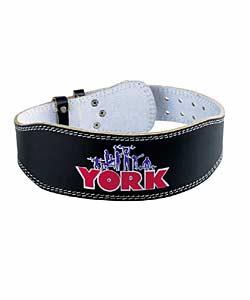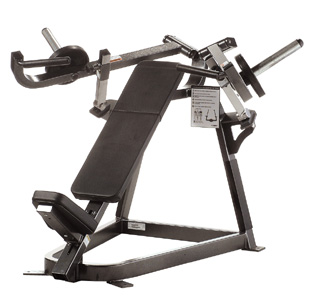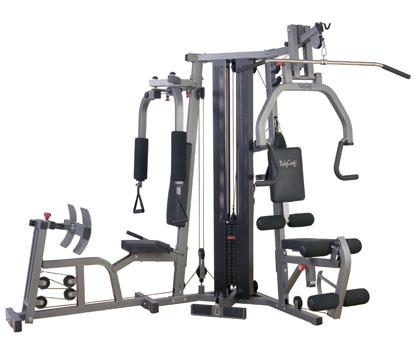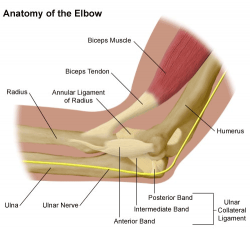Weight training belts used to be worn only by power lifters and Olympic lifters. These days, however, you see more people with varying degrees of skill and experience wearing these lifting belts.
You may want to know if this device is necessary for recreational lifters. What is the proper way to use the belt, and what adverse effects can arise from the misuse of weight training belts?
 Weightlifting belts are primarily used for heavy power lifting exercises such as deadlifts and squats.
Weightlifting belts are primarily used for heavy power lifting exercises such as deadlifts and squats.
The belts serve the purpose of preventing lower-back injuries and can help increase the amount of lifted. While they offer some benefits when lifting heavy weights, a training belt is not necessary all of the time.
How Weight Training Belts Work
A training belt works in two ways. First, it reduces stress on the lower back while lifting in an upright position.
The belt compresses the contents of the abdominal cavity, thus increasing the intra-abdominal pressure or IAP. This provides more support in front of the bones in the lower back, allowing the spinal erector muscles to produce less force while lifting.
The belt also reduces lower back compression or spinal shrinkage.
Second, the belt prevents back hyperextension. By forming a rigid wall around the lower torso, back movement is limited. The belt also prevents sideward bending and twisting.
Wearing a training belt allows an individual to complete a greater number of repetitions or increase their one-repetition maximum . The belt also reduces the risk of lower back injuries.
Disadvantages of Weight Training Belts
Wearing a belt too often especially when performing exercises with weights below your maximum may lead to a decrease in performance.
This is because the belt prevents you from engaging and strengthening your core and abdominal muscles used while lifting. Strong abdominal muscles are important if you want to lift more weights especially during squats and deadlifts.
When Should You Use A Weight Training Belts?
It is best to use a training belt only when lifting maximum or near-maximum weights for exercises that stress the lower back. When working with lighter weights, leave the belt off. This will help develop your abdominal and lower back muscles. Obviously, you will not need a belt for exercises that do not put stress on the lower back, such as bicep curls.
Important Considerations
While a weight training belt can help prevent lower back injuries, it is always best to learn and practice the proper technique when lifting. Also, be sure to lift an appropriate weight.
Remember to lift with your legs and not your back. The spine must remain in a stable and neutral position.
Beginners should be able to demonstrate proper form with lighter weights before moving on to maximum or near-maximum weights. Make sure a spotter is available when doing heavy lifting as training belts will give you stability but not strength









